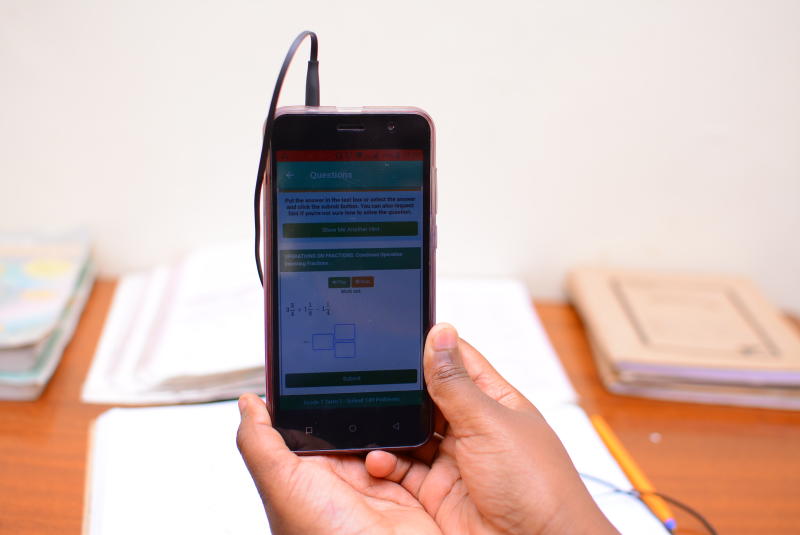
In late 2015, a few friends teamed up to start a business that was entirely based on future needs in the education sector. Mohamoud Ally, the Managing Director and chief founder of Mwalimu Plus Limited, was one of them.
The company is a fast-rising education technology entity out to make learning using technology more effective and available to everyone. The firm’s fortunes increased in the post Covid-19 pandemic after it attracted thousands of subscribers when lockdown measures were implemented. Ally, a software engineer who worked for a corporate in Malaysia back then, left employment to take up majority shareholding and development of the business.